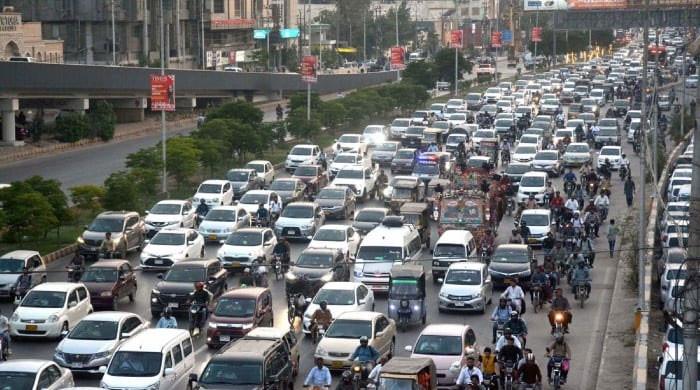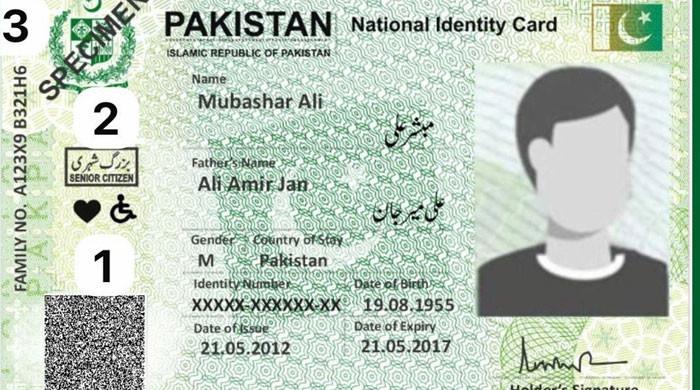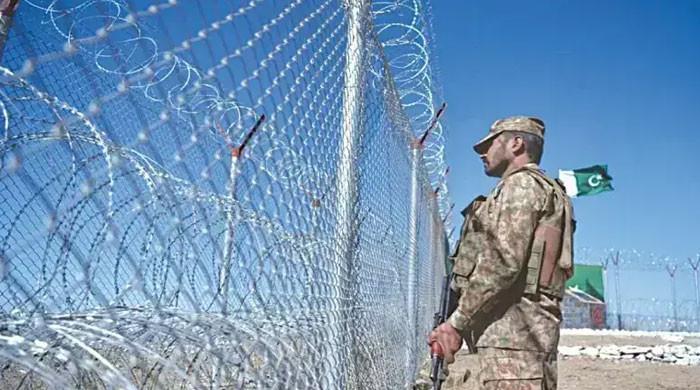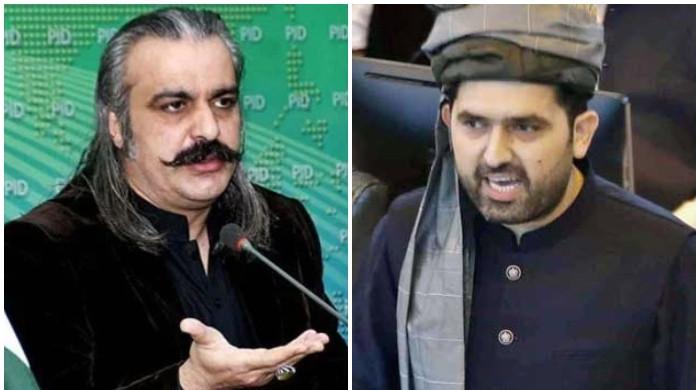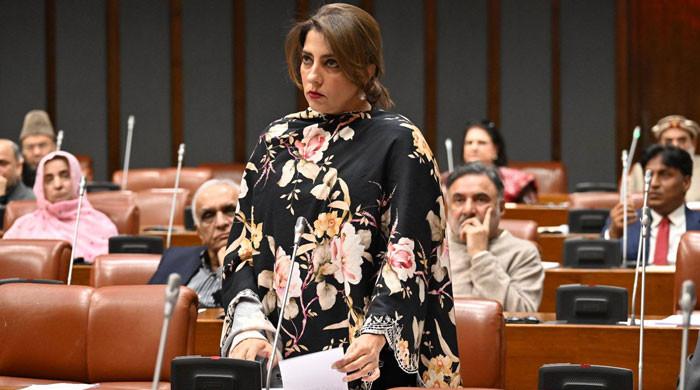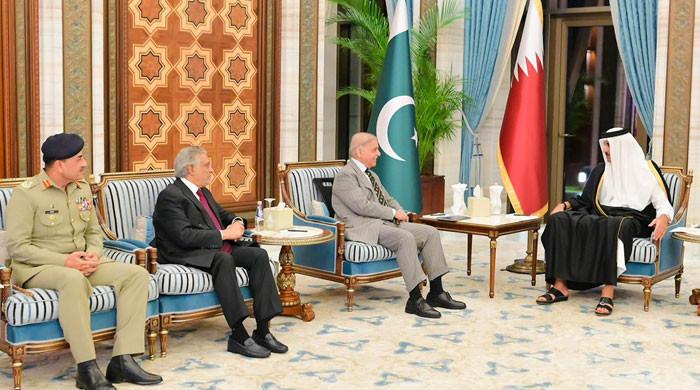Only 35% of political parties maintain operational websites: Fafen
Report discloses 58 out of 166 registered political parties maintain fully or partially operational websites
May 19, 2025
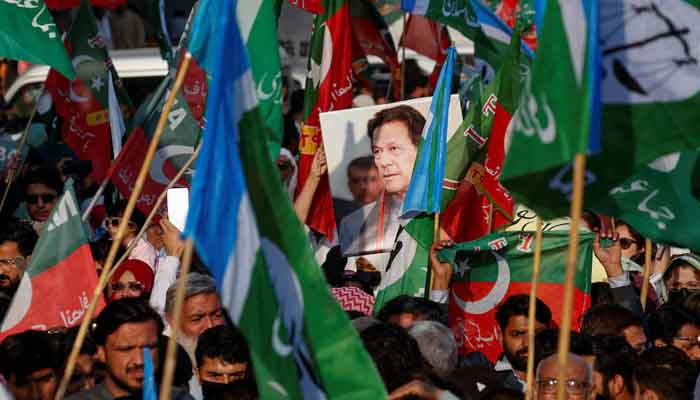
A report by the Free and Fair Election Network (FAFEN) disclosed that nearly two-thirds of the country’s political parties lack a fully functional website despite increasing digital engagement in Pakistan.
The report titled “Assessing Web Presence of Political Parties in Pakistan” finds that only 35% or 58 out of 166 registered political parties maintain fully or partially operational websites.
Moreover, even among the 20 parties, that are currently represented in the Federal Parliament and/or Provincial Assemblies, just 14 (70%) have functional websites.
Notably, this web presence is a prerequisite for compliance within the overall purview of Section 208(4) of the Elections Act, 2017. This mandates political parties to publish updated lists of their central office bearers and executive committee members on their websites.
Only 40 parties (69%) among those parties with functioning websites comply with the legal requirement of publishing a list of central office bearers on the website, and just six (ten percent) with publishing the names of their executive committee members.
Many parties cannot serve as a substitute for an official website while they maintain active social media profiles.
Additionally, the short-lived and algorithm-driven nature of social media feeds make them less suited for hosting structured and accessible information.
Assessment of political parties’ websites by Fafen found that those with parliamentary representation generally offer more content-rich digital platforms compared to other parties.
Among them, Jamaat-e-Islami (JI) leads by providing on its website 18 out of 30 distinct types of information that Fafen examined.
It is followed by Pakistan Tehreek-e-Insaf (PTI) with a score of 15; however, its website is currently blocked in Pakistan and can only be accessed through a virtual private network (VPN).
The website of Pakistan Peoples Party Parliamentarians (PPPP) scored 12; Pakistan Muslim League Nawaz (PML-N) 11; Awami National Party (ANP) nine; Haq Do Tehreek Balochistan (HDT) and Muttahida Qaumi Movement Pakistan (MQM-P) eight each; Sunni Ittehad Council and Pashtoonkhwa Milli Awami Party (PkMAP) seven each; Tehreek-e-Labbaik Pakistan (TLP) and Jamiat Ulama-e-Islam Pakistan (JUIP) six each; Majlis Wahdatul Muslimeen (MWM) five; Balochistan Awami Party (BAP) four; and Pakistan Muslim League Quaid (PML-Q) one.
Among the parties without parliamentary representation, the highest score was 13 that was achieved by Pakistan Tehreek Shadbad (PTS).
Most websites were more forthcoming in sharing contact information and general organisational details, while financial transparency remained the most under-reported area.
The most consistently shared content was the aims and objectives of political parties, featured on 88% of websites.
Section 201(1)(a) of the Elections Act, 2017 mandates the political parties to include this information in the party constitution.
Contact details for at least one party office were present on 83% of sites, while 79% linked to official social media handles.




